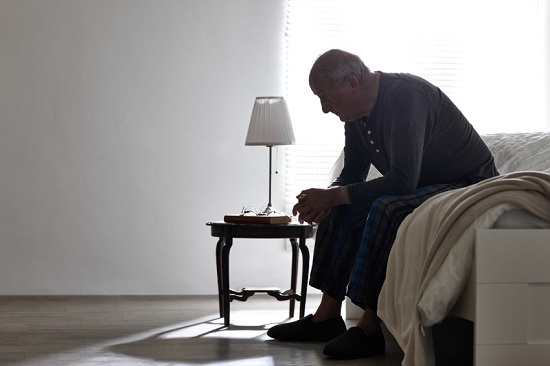
The effects of hearing loss seem obvious, such as the stress of the chronic struggle to hear and the affect this can have on relationships. But what if the consequences went further, and could actually influence your personality?
Research from the University of Gothenburg reveals that this may be the case. The researchers examined 400 men and women aged 80-98 over a six-year time period. The researchers measured several physical, mental, social, and personality criteria through the duration of the study, including extroversion, or the inclination to be outgoing.
Surprisingly, the researchers couldn’t connect the reduction in extraversion to physical factors, cognitive decline, or social challenges. The single factor that could be linked to the decline in extraversion was hearing loss.
While people typically become less outgoing as they get older, this study demonstrates that the change is amplified in those with hearing loss.
The effects of social isolation
Reduced extraversion, which can result in social isolation in the elderly, is a significant health risk. In fact, a meta-analysis of 148 studies evaluating the relationship between social isolation and mortality found that a shortage of supporting social relationships was correlated with increased mortality rates.
Social isolation is also a major risk factor for mental illness, including the onset of major depression. Being less socially active can also result in reduced physical activity, contributing to physical problems and weight issues, and the shortage of stimulation to the brain—normally received from group interaction and communication—can lead to cognitive decline.
How hearing loss can trigger social isolation
The health effects of social isolation are well established, and hearing loss appears to be connected to decreased social activity. The question is, what is it about hearing loss that makes people less likely to be socially active?
The most evident answer is the difficulty hearing loss can cause in groups. For people with hearing loss, it is often extremely difficult to follow conversations when several people are speaking simultaneously and where there is a large amount of background noise.
The continual battle to hear can be exhausting, and it’s sometimes easier to go without the activity than to struggle through it. Hearing loss can also be embarrassing, and can produce a feeling of isolation even if the person is physically part of a group.
For these reasons, among others, it’s no big surprise that many individuals with hearing loss decide to pass up the difficulties of group interaction and social activity.
What can be done?
Hearing loss causes social isolation principally because of the difficulty people have speaking and participating in group settings. To make the process easier for those with hearing loss, consider these guidelines:
- If you suffer from hearing loss, think about trying hearing aids. Today’s technology can treat virtually all cases of hearing loss, dispensing the amplification necessary to more effortlessly interact in group settings.
- If you have hearing loss, talk to the group in advance, informing them about your hearing loss and suggesting ways to make communication easier.
- For those that know someone with hearing loss, try to make communication easier. Minimize background noise, find quiet areas for communication, and speak directly and clearly to the person with hearing loss.
With a bit of awareness, planning, and the proper technology, we can all make communication a little easier for individuals with hearing loss.
